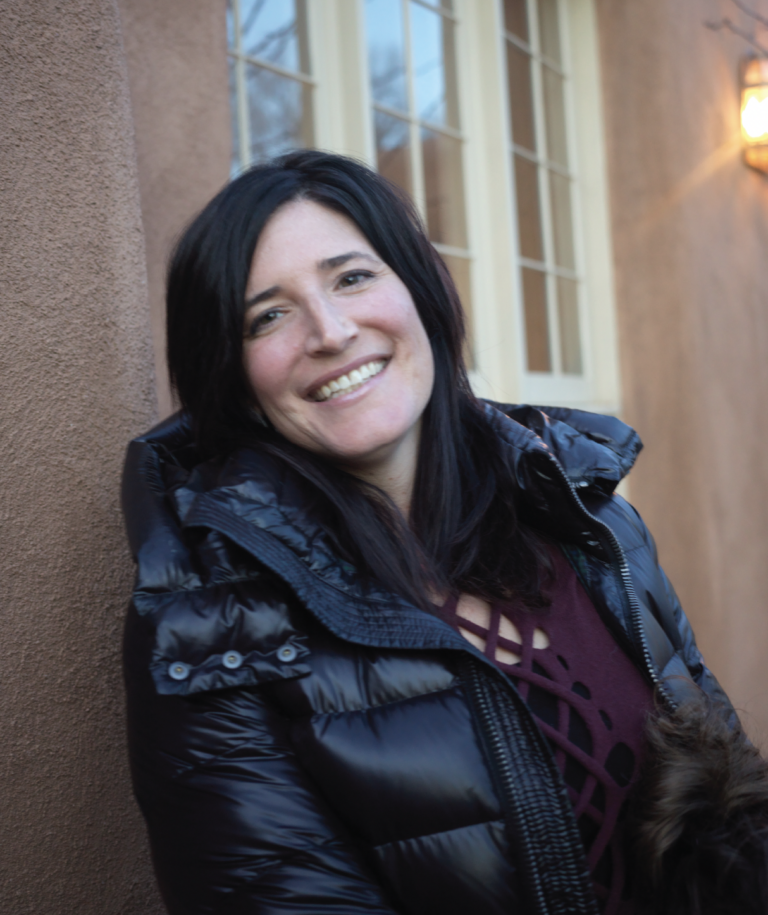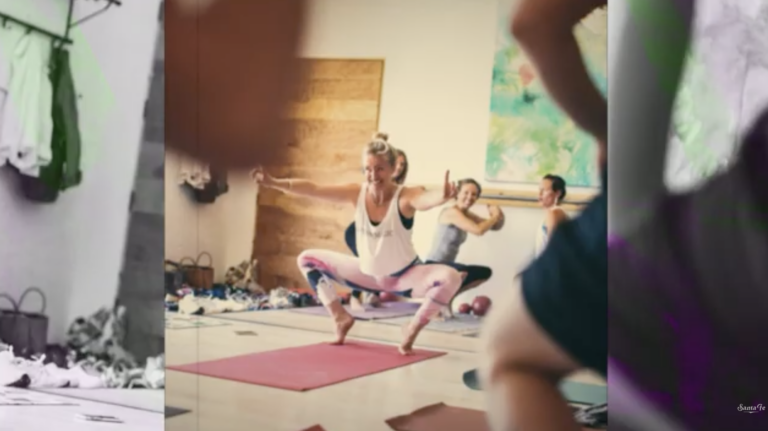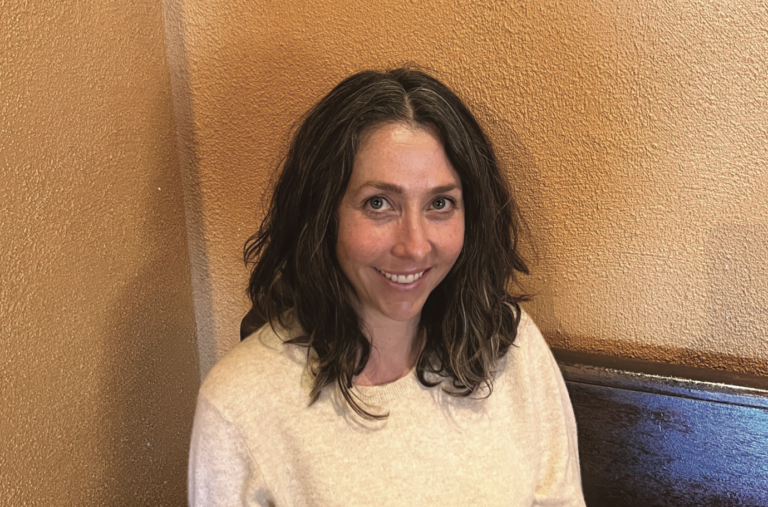AS SOLAR FINALLY BECOMES MAINSTREAM, it’s obvious that simply buying a system and having it installed is not the end of the story. Many systems are set up without a trained electrician, without someone who’s going to show up when your solar needs some tender loving care. And showing up is exactly what Matt and Jenny do.
What is the process when I decide to go solar?
Matt: You have to be a little careful. A lot of the solar companies are just sales teams that go out, sell you the solar, and don’t really even look at your electrical situation. When that happens, people can end up in a poor situation. As an example, we have a client in northern New Mexico whose system has been off for over a year because the installing company is headquartered in California, and she can’t get anyone here to work on it.
A common grid tie system is where you have your solar panels, your inverter – and you’re just feeding into the grid to lower your electric bill or maybe getting a credit, depending on your area.
When you set the system up, you want to make sure everything is permitted and shown to an inspector in working condition. If it’s not set up correctly and permitted, a lot of times they’ll stop working a year or two down the line, and homeowners won’t really notice. Their power doesn’t go out, but their bill goes up.
So you have to watch out for the solar companies that consider these jobs done after the solar’s installed, who don’t have any ongoing relationships.
Matt: Yes, they see it working and then pretty much leave.
Jenny: You want to make sure you have someone to answer emergency calls anytime.
What are other problems you see?
Matt: Problems manifest in two ways. There’s grid side, where the grid can’t handle it. Then you’re talking a pretty big expense to upgrade to a transformer. It’s best to have that checked out at the beginning.
The other thing – which is happening more and more – is on the utility side, where a house is really old and services haven’t been upgraded. In that case, we can often feed their old service as a sub-panel and not have to replace the whole thing.
The most important part is making sure you get good equipment – a good panel and a good inverter. Panels should have a twenty-five-year warranty, and some inverters now have a five- or ten-year warranty.
What’s an inverter?
Matt: An inverter is part of a grid tie system; it takes up to 600 volts of DC from the panels and puts out 240-volt AC.
So it converts and stores?
Matt: The batteries are the storage. There are a few different batteries out there, and some are proprietary: Tesla, SolarEdge, etc. That’s a problem because if something fails, you have to go to them. We usually do 48 volt since it’s not proprietary.
What changes are you seeing in solar?
Matt: In the last year, the battery market has grown exponentially. There are all sorts of different companies pushing lithium batteries. That’s making the prices go down, even though they’re still a little high with inflation. Really, the technology hasn’t changed as much as the fact that more companies are getting involved, selling the same tech.
Is your motivation around solar about it being good for the planet?
Jenny: I would say our motivation is people first and environment second. We want to do a good job for people, but solar makes sense!
How did you get involved in solar?
Matt: I was just working construction in Lake Tahoe. That’s where we met, actually. I was working on a house, and these guys showed up to do the solar. And I was pretty intrigued. I had always wanted to do something to make the planet greener. I was like, I have the wrong job. I should do solar.
How’s working together as husband and wife?
Jenny: I really enjoy apprenticing with Matt. It’s been life-changing. And we kind of can’t function without each other. I try to work without him, and he tries to work without me, but at the end of the day we’re like, We really work better together. Yeah.
It’s funny. There are times when we encounter someone who doesn’t trust me because I’m a woman. They won’t talk to me, won’t give me eye contact. Like an electrician should only be a man. But we’re okay with that.
Learn more at planitgreen.net
Photo SFM








